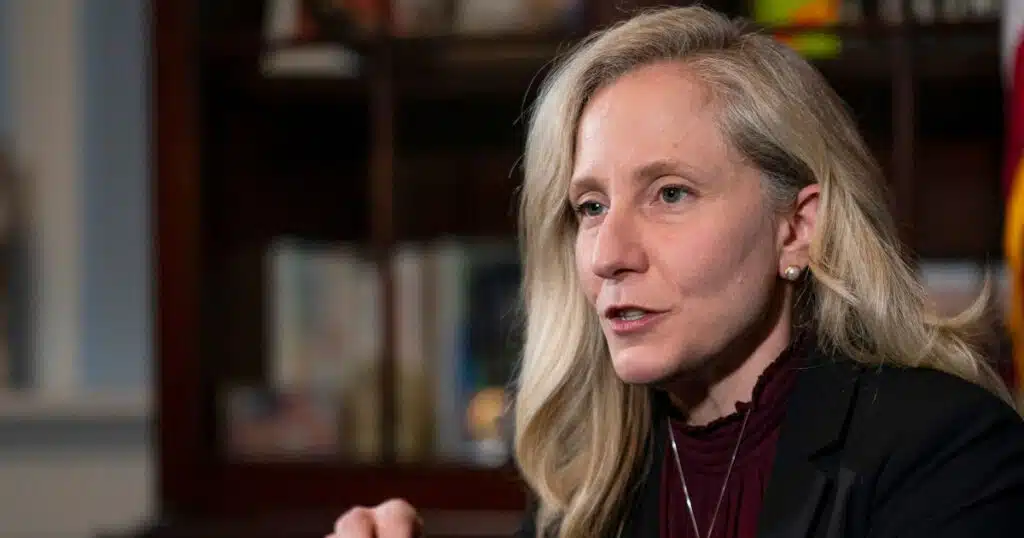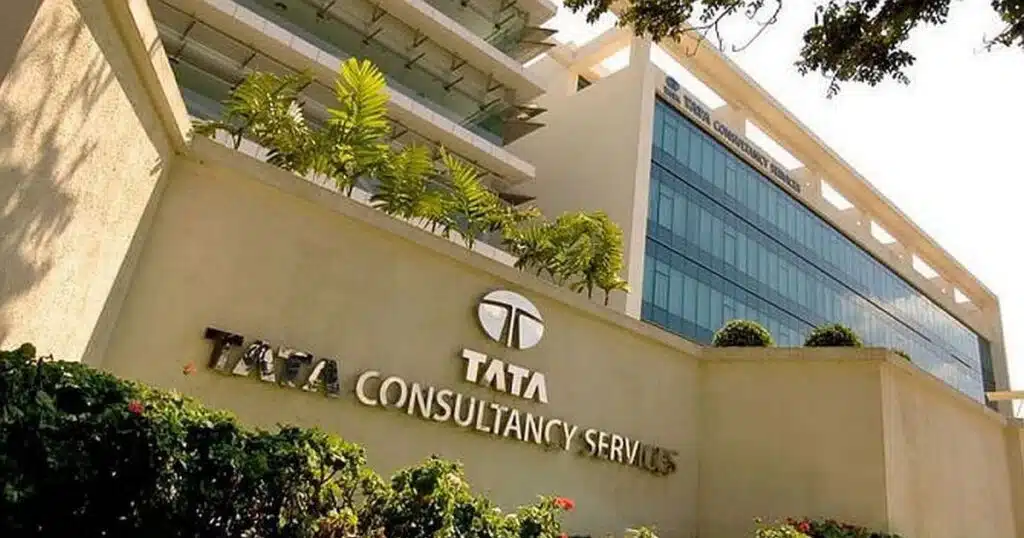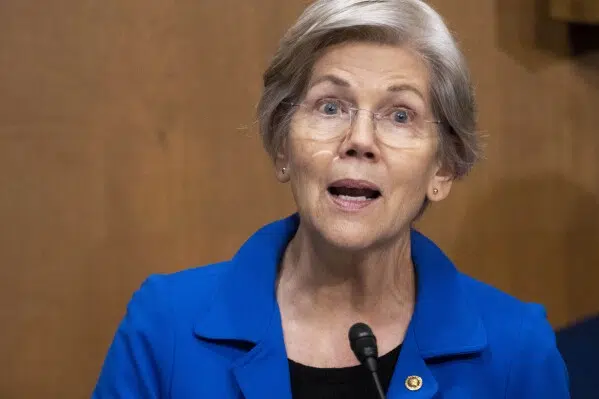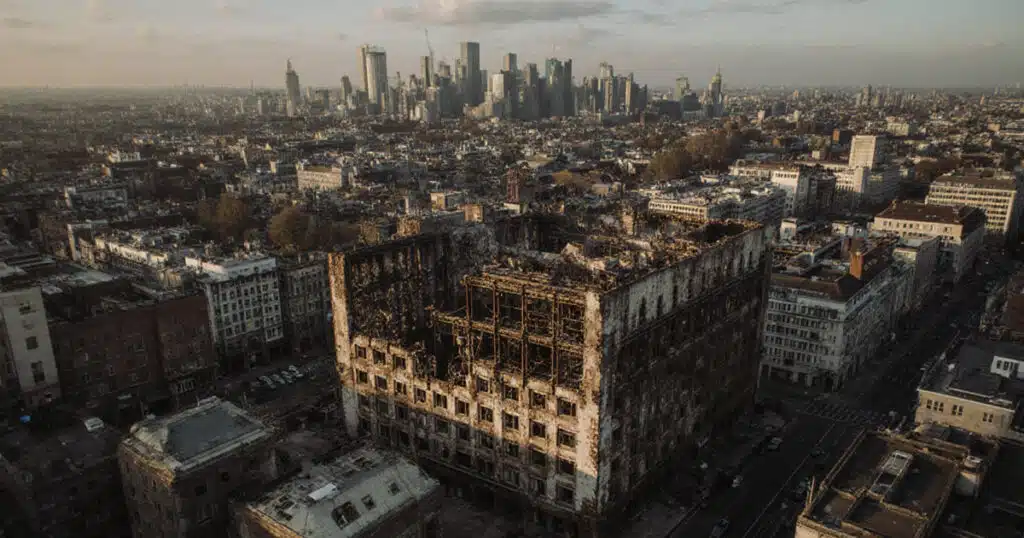
If He Must Go, We Must Too: The Existential Danger of Vladimir Putin
Vladimir Putin has held power in Russia for a quarter of a century, reshaping his country and bending its institutions to serve his own self-interests. His influence has been so pervasive that it is difficult to picture Russia without him. Analysts often describe him as a calculating strategist, a strongman clinging to the remnants of empire, or a shrewd manipulator of weakness in the West. But there is another, more unsettling possibility: that the greatest danger Putin presents to the world stems from his age, his pampered and lavish lifestyle, and his inability to imagine either Russia or the world existing without him. And lurking beneath that, perhaps, is something even darker. Putin might lie awake at night fearing what might await him after death.
At 72, Putin has lived far longer in the lap of luxury than most of his predecessors. Palatial residences, vast wealth, and carefully staged public appearances have sheltered him from the ordinary reality that time humbles everyone. Surrounded by deference, indulgence, and privilege, he has lived as though immune from the consequences that govern ordinary lives. For someone who has ordered assassinations, crushed dissent, and presided over mass suffering in Ukraine, the thought of being held accountable, whether by history, humanity, or something greater, may be increasingly intolerable.
The Hot Mic with Xi
A revealing glimpse into this mindset came during an overheard conversation with Chinese leader Xi Jinping. Putin speculated about perpetual organ transplants as a way of extending life indefinitely. In essence, immortality. The casualness of the remark was striking. Here was the leader of a nuclear power, contemplating not how to secure Russia’s future, but how to outmaneuver the grim reaper himself. It betrayed both an anxiety about death and a reluctance to face what comes after.
The Shadow of Judgment
And here lies the danger. For many leaders, the inevitability of death inspires a desire to leave a legacy, to protect one’s family, or at the very least, to ensure stability after they are gone. But what if a leader looks at death and sees only judgment? For Putin, the list of crimes that could weigh on his conscience is long. A partial list includes the assassinations of political opponents, the poisonings of defectors, the crushing of Chechnya, and the thousands of civilian deaths in Ukraine. If he believes there is any chance of an afterlife where these actions are judged, the fear must be overwhelming. In that fear, he may find only one escape: to deny death altogether, or if death comes, to take as many others with him as possible.
Provocations in Ukraine and Beyond
This helps explain the recklessness of his recent actions. The invasion of Ukraine in 2022 was not only a geopolitical gamble; it was also an existential assertion of relevance. To retire quietly or allow Russia to drift westward would have meant accepting his own decline, perhaps even facing internal accountability. By plunging into war, Putin reasserted himself as the indispensable man at the center of world affairs. Better to be feared and condemned than forgotten and judged.
The same psychology is evident in his posture toward NATO and Eastern Europe. Military drills near Baltic borders, cyberattacks on Western infrastructure, and nuclear saber-rattling all serve to remind the world that Putin still matters. These provocations are not merely strategy. They are the acts of a man raging against both time and conscience. The thought of fading quietly into irrelevance while ghosts of his victims await him in judgment may be unbearable.
History’s Lesson on Aging Dictators
History is replete with examples of leaders whose inability to face their own end led them to embrace destruction. Hitler, confronted with defeat, chose to take Germany down with him. Saddam Hussein clung to power until his capture, preferring annihilation to exile. What makes Putin especially dangerous is that he commands a nuclear arsenal capable of making his personal struggle against mortality a global catastrophe. For a man who has lived as though the rules never applied to him, the temptation to equate his own death with the world’s end may prove irresistible.
Faith, Fear, and the Afterlife
The question of an afterlife is not trivial in this context. Putin, a man raised in the Soviet Union’s officially atheist system, but later fond of invoking the Orthodox Church for legitimacy, may harbor conflicting feelings about what comes next. Does he truly believe in divine judgment? Or does he fear it only enough to wish desperately to avoid testing the question? Either way, the effect is the same. Putin’s death looms not as a natural end, but as a reckoning. His musings with Xi about organ transplants can be seen as more than idle talk. They are a window into a soul grasping for any means of escape from the possibility of standing trial before eternity.
The West’s Dilemma
For the West, this interpretation complicates the task of deterrence. If Putin were a leader thinking only of power, prestige, and security, then rational calculations of cost and benefit might restrain him. But if he is haunted by mortality and possible judgment, then his behavior may be less tethered to rationality. In that scenario, the risk is not simply that he escalates for strategic gain, but that he does so out of desperation or to deny his own mortality, ensuring that if he must face it, the rest of the world faces it too.
A Man Who Cannot Imagine Mortality
Putin is not immortal. His body will fail him, no matter how many doctors or fantasies of medical miracles he surrounds himself with. The real danger is what he may choose to do in the shadow of that failure. A man who believes the rules of life and death do not apply to him may refuse to accept mortality’s judgment. If he fears an afterlife where his crimes are laid bare, he may seek instead to leave the world in flames, so that no one, neither history nor eternity, can sit in judgment.
Ultimately, this is what makes Putin so dangerous. It is not just his nuclear arsenal, his ambitions in Ukraine, or his provocations in Eastern Europe. It is the idea of a deeper, more personal struggle inside of a man who cannot imagine a world without him, and who may, in his final moments, decide that if he must leave, everyone else must leave too.



